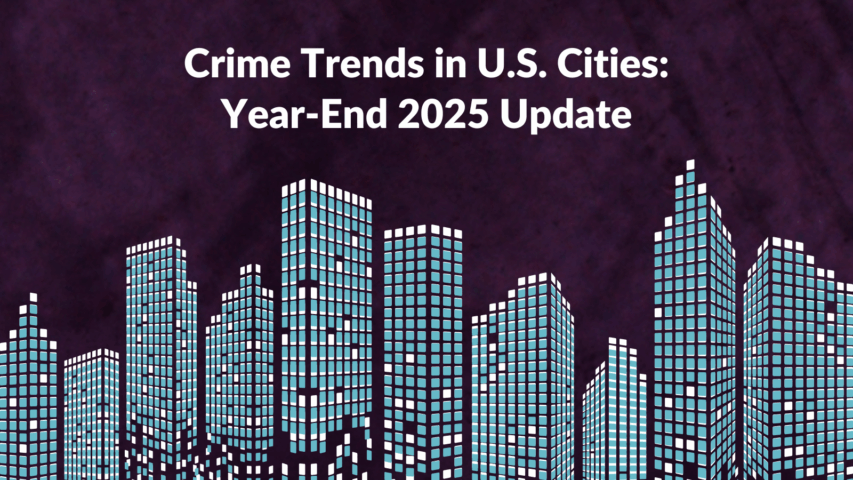Impact of the Current Election Race on International Sustainable Development Goals (SDGs)
Discover how the current election race impacts international Sustainable Development Goals (SDGs), influencing environmental policies, economic equity, healthcare, education, innovation, and global partnerships for a sustainable future.

The outcomes of election races in major countries have significant implications for international efforts to achieve the Sustainable Development Goals (SDGs). The current election cycle is no exception, with its potential to reshape policies, funding priorities, and international collaborations that drive sustainable development.
Policy Shifts and Environmental Commitments
Elections can lead to shifts in environmental policies, which are critical for SDG 13 (Climate Action). Candidates with strong environmental platforms may bolster commitments to reducing greenhouse gas emissions, investing in renewable energy, and supporting international climate agreements like the Paris Agreement. Conversely, a win for candidates less committed to environmental protection could slow progress, affecting global climate targets and efforts to combat climate change.
Economic Policies and Inequality
Economic policies are at the heart of several SDGs, including SDG 1 (No Poverty) and SDG 10 (Reduced Inequality). Election outcomes influence fiscal policies, social welfare programs, and international trade agreements, which can either alleviate or exacerbate economic disparities. A government that prioritizes social equity and inclusive growth can enhance efforts to reduce poverty and inequality, both domestically and globally.
Healthcare and Pandemic Response
The COVID-19 pandemic highlighted the importance of SDG 3 (Good Health and Well-being). Election results can affect national healthcare strategies and international cooperation on public health. Leaders committed to robust healthcare systems and global health initiatives can enhance pandemic preparedness and response, ensuring better health outcomes worldwide.
Education and Innovation
SDG 4 (Quality Education) and SDG 9 (Industry, Innovation, and Infrastructure) are influenced by education policies and investments in innovation. Elections determine funding for education systems and research institutions, impacting the quality and accessibility of education. Governments that prioritize education and technological advancement contribute to global progress in these areas.
International Relations and Multilateralism
Elections also impact SDG 17 (Partnerships for the Goals), which emphasizes the importance of global partnerships. Leaders with a strong commitment to multilateralism and international cooperation can foster partnerships that enhance global efforts to achieve the SDGs. Conversely, isolationist policies and strained international relations can hinder collaborative efforts and progress.
Conclusion
The current election race holds significant implications for the international SDGs. Policy directions set by new or incumbent leaders will shape the global landscape, affecting environmental sustainability, economic equity, healthcare, education, innovation, and international cooperation. As the world watches the election outcomes, the international community hopes for leadership that will champion sustainable development and foster a collaborative approach to achieving the SDGs.
What is Your Reaction?
 Like
0
Like
0
 Dislike
0
Dislike
0
 Love
0
Love
0
 Funny
0
Funny
0
 Angry
0
Angry
0
 Sad
0
Sad
0
 Wow
0
Wow
0















































































